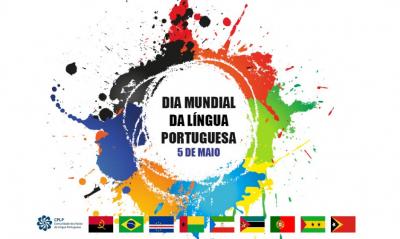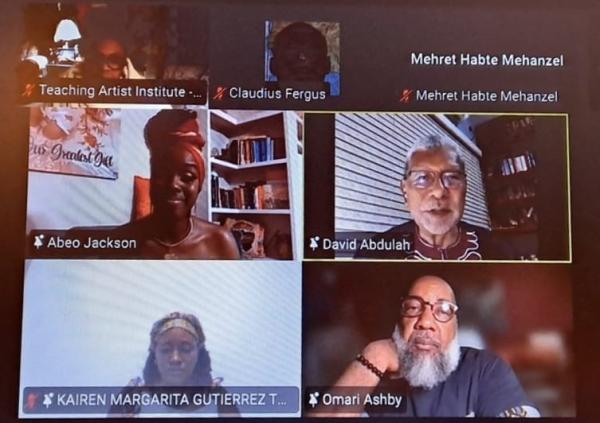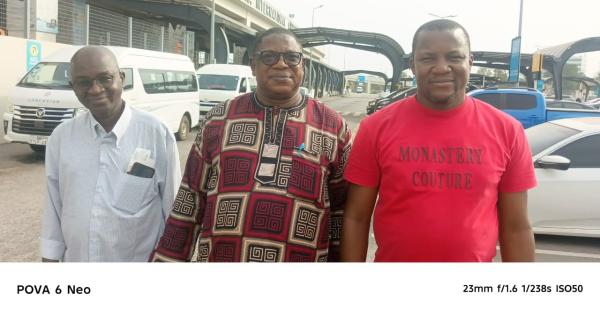
Navigating around Africa and sailing across the Atlantic Ocean, the Portuguese arrived in Brazil in 1500. This route contributed to the spreading of the Portuguese language in five continents (excluding Antarctica) and making it become the official language in nine countries in the world: Portugal, Brazil, Angola, São Tomé and Principe, Mozambique, Cape Verde, Guinea-Bissau, East Timor and Macau.
In 2009, the Community of Portuguese-speaking Countries (CPLP) officially established the 5th of May to celebrate the Portuguese language and the Lusophone cultures.
However, a decade later (2019), the 40th session of UNESCO';s General Conference decided to proclaim 5th May of each year as "World Portuguese Language Day”, which is celebrated worldwide for the first time in 2020. Hence, today marks its 2nd Global commemoration.
The language of the first wave of globalization—Portuguese, is regarded as one of the most spoken language in the world and the most widely used throughout the southern hemisphere.
It is a mother tongue of circa 287 million people, spoken through all continents and a major language for international communication and commerce.
The Portuguese language has always had its own identity, recognized at every social level, and is constantly evolving, but the UNESCO’s initiative provides it with additional value in terms of notability as a global language and a vehicle of international communication.
The Director-General of the UNESCO, Audrey Azoulay, has expressed her thoughts stating that “Portuguese is a creative language, of music, literature, and cinema, and at the same time it is a language of science, innovation, pedagogy, and solidarity.”
She further described it as “A language of seas and oceans”, thanks to the Portuguese exploration in the 15th century that birthed the Age of Discoveries, allowing the Portuguese to leave important traits in many different cultures of the world.
The Portuguese language has also been known to influence other languages as a number of English words find their origins in the Portuguese language. Some of these words include banana, embarrass, breeze, coconut, macaw, monsoon, molasses, mango, samba, zebra, cobra to mention a few.
The Portuguese language is developed daily by people from all continents, in a never-ending enrichment of its multiculturalism”, said the secretary-general of the United Nations, António Gutteres, emphasizing that the date is a “fair recognition of the Portuguese language’s global relevance”
We find traces of the Portuguese language also in India, France, Spain, Venezuela, Paraguay, Uruguay and Japan, among others.
This reiterates its importance as a working language in international organizations such as the European Union, the Mercosul (South American trade bloc), the African Union, the Organization of Ibero-American States, and the Organization of American States, among other world organizations.






















